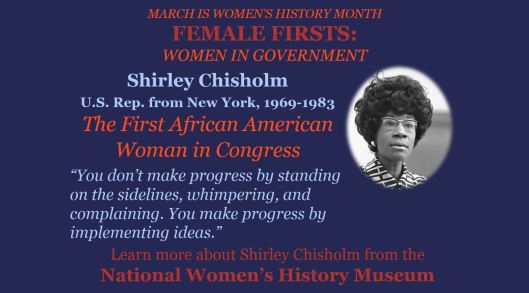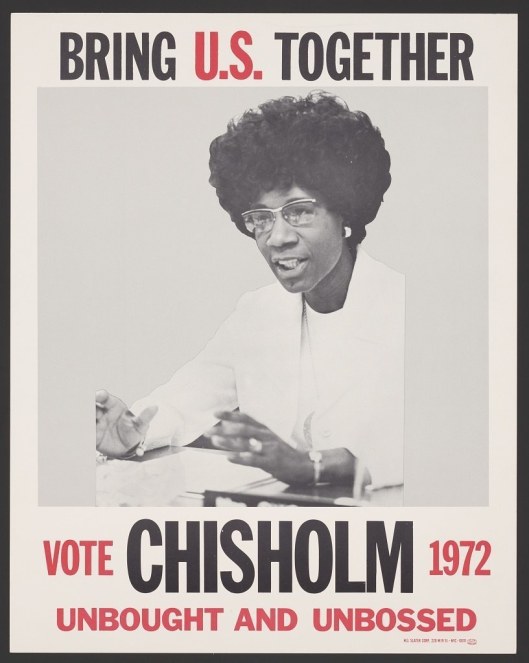The 36-page discussion guide, The United States’ Democratic Promise, was published by Interactivity Foundation in 2011 and edited by Dennis Boyer. For this discussion guide, IF brought together panelists to explore what democracy has come to mean in the US, why we value it, and to guide further discussion by offering contrasting public policy possibilities. Below is an excerpt from the guide, which can be downloaded as a PDF for free from IF’s site here, both in English and in Spanish.
From the introduction…
 In this project, the two panels met in Madison, Wisconsin, from September 2010 to May 2011. This included a period of significant political turmoil in Wisconsin, including two months of protests by citizen groups and labor unions and an occupation of the state capitol. Several panelists played a role in these protests while several others opposed them. Needless to say, conditions on the ground provided a very interesting backdrop to the fundamental issues involving democratic governance and democratic government.
In this project, the two panels met in Madison, Wisconsin, from September 2010 to May 2011. This included a period of significant political turmoil in Wisconsin, including two months of protests by citizen groups and labor unions and an occupation of the state capitol. Several panelists played a role in these protests while several others opposed them. Needless to say, conditions on the ground provided a very interesting backdrop to the fundamental issues involving democratic governance and democratic government.
Panelists considered democratic governance to involve those elements of civil society that contribute to the conversation on the direction a democratic society should take, the cultivation of skills that contribute to democratic citizenship, and the formation of public opinion on choices that democratic citizens must make. Panelists saw these governance areas as important, or more important, than the formal systems of elections and processes that make up democratic government. It was the sentiment of the panels that a discussion of democracy in modern society must take both governance and government into account.
The panels started with a recognition that the United States’ experiment with democracy has been shaped by many forces and that our understanding of what democracy is has grown steadily. It was noted early on that the United States was founded as a republic with constitutional features that did not guarantee wide participation or majority rule. There was much struggle over who could participate as a citizen and the extent of the rights of that participation. Along the way, most U.S. citizens developed a sense of government of, for, and by the people, which many interpret as a promise of democracy.
Panelists felt that this promise of democracy has numerous aspects—some in contention with others. For some, the most important elements were freedom from arbitrary and heavy-handed government. For others, the central features had more to do with enlarging the community of citizenship and fostering participation. Many saw a complex web of rights and responsibilities that need to function as a democratic “ecosystem.” Almost all thought that attention must be paid to honest elections and fair democratic processes that inspire confidence and deal with democratic citizenship in the face of changing social conditions and expanding technological capabilities.
By the end of the project, panelists had arrived at the items that make up the possibilities in this report. Panelists recognized that some citizens might not want to enlarge democratic participation and that some public discussions of this report might focus on the reasons not to pursue these possibilities. The possibilities are contrasting approaches to the search for a democracy that goes beyond periodic elections and lip service to encourage participation. The possibilities value the consent and informed involvement of citizens. The possibilities also value the proximity of decision making and action to citizens…
Interactivity Foundation Fellows conduct discussion projects based on a process that relies on two panels (one of citizen-generalists and one of expert-specialists) to explore and develop areas of concern. These projects ask questions, develop answers, and complete other developmental tasks that assist in the drafting of contrasting policy possibilities that, hopefully, serve as discussion starting points for the public.
If you are interested in further information about the process used to develop IF reports or IF’s work in general, we invited you to consult our website at interactivityfoundation.org
The PDF version of this report is available for download here.
About the Interactivity Foundation
The Interactivity Foundation is a non-profit, non-partisan organization that works to enhance the process and expand the scope of our public discussions through facilitated small-group discussion of multiple and contrasting possibilities. The Foundation does not engage in political advocacy for itself, any other organization or group, or on behalf of any of the policy possibilities described in its discussion guidebooks. For more information, see the Foundation’s website at www.interactivityfoundation.org.
Follow on Twitter:
Resource Link: www.interactivityfoundation.org/discussions/the-united-states-democratic-promise/




 David Fridley
David Fridley Tech Tuesdays are a series of learning events from NCDD focused on technology for engagement. These 1-hour events are designed to help dialogue and deliberation practitioners get a better sense of the online engagement landscape and how they can take advantage of the myriad opportunities available to them. You do not have to be a member of NCDD to participate in our
Tech Tuesdays are a series of learning events from NCDD focused on technology for engagement. These 1-hour events are designed to help dialogue and deliberation practitioners get a better sense of the online engagement landscape and how they can take advantage of the myriad opportunities available to them. You do not have to be a member of NCDD to participate in our 